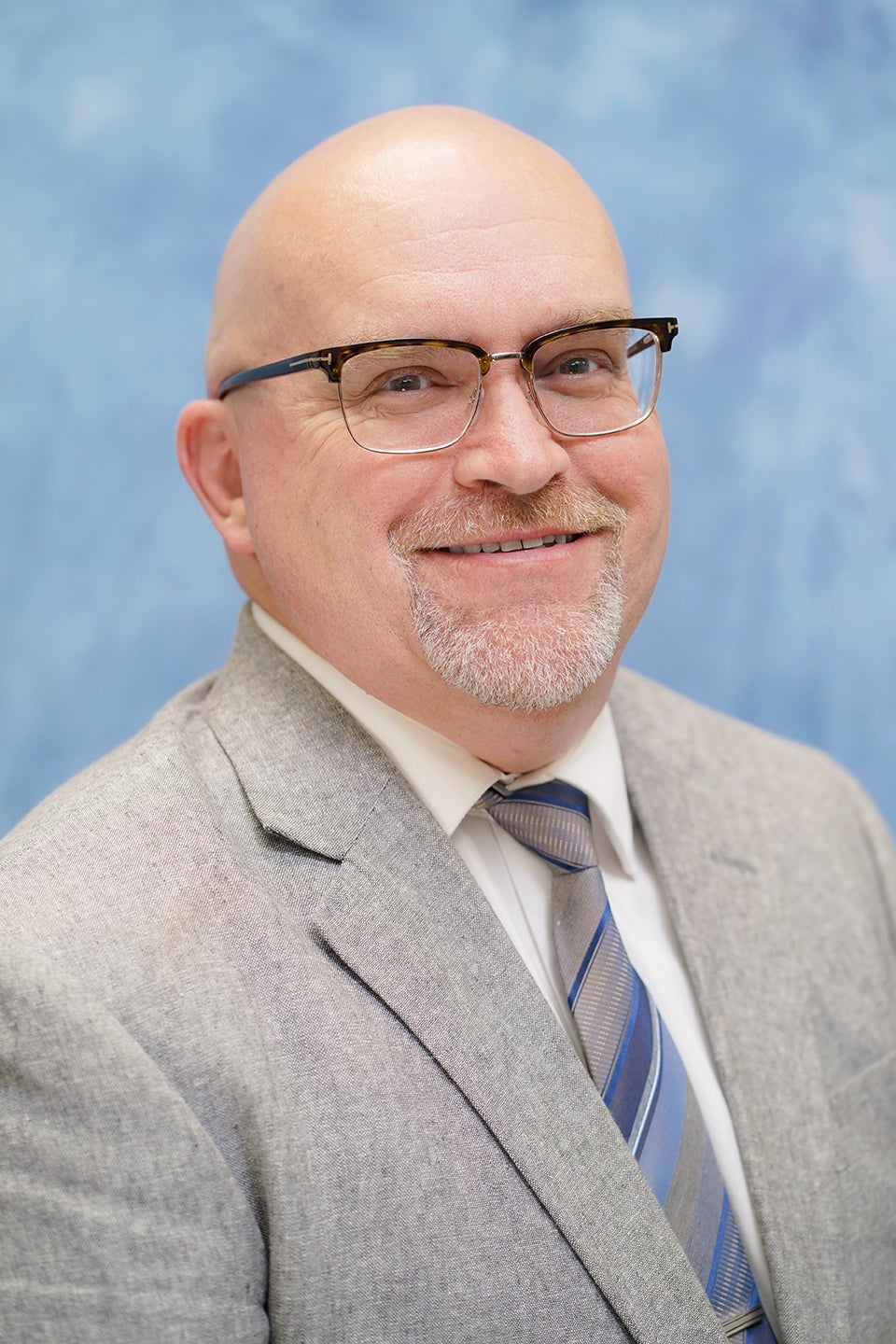Restart of school justice partnership efforts raise discussion about specifics
Published 12:00 am Friday, October 29, 2021

- Kendal Mobley said many in the community may not know what the partnership is about.
SALISBURY — The tagline for school justice partnerships in North Carolina is to keep kids in school and out of court, but how that happens is still the subject of discussion.
Work on the partnership has been on hold for more than a year, and members of the public are asking questions about the specifics now that the work has resumed.
During a Monday meeting of the Rowan-Salisbury Schools Board of Education Kendal Mobley, a pastor and professor of religion at Johnson C. Smith University, told the board he wanted to know who is involved in the process, including families and direct caregivers, and if there have been efforts to fully explain the process to the community.
Mobley said many people in the community may not understand what the partnership is.
“We haven’t been educated as a community about what a school justice partnership is,” Actions in Faith and Justice co-chair Susan Lee told the Post Thursday. “The basic thing I would hope for Rowan County is that our vision is rooted in what the potential for this partnership to achieve can be given we also have renewal status in our schools.”
Lee said she hopes the local partnership can be a flagship model that raises the bar by addressing the challenges of trauma and violence that affects students.
The basis of the partnership is the creation of a memorandum of understanding between the local schools, courts and law enforcement agencies that outlines conduct and handling of cases that should be disciplinary.
Lee noted the MOU is not only a working document and needs to continue to be worked on after the final draft is approved and reviewed each year.
“There is the thought among some that the MOU is the school justice partnership and others that understand the partnership is a wider community involvement and participation in the goal of supporting students at risk for court involvement. The MOU is a core component, but is not the be all and end all,” Lee said.
Rowan County started working on its own SJP in 2019 as part of a state-level push to get similar partnerships in place in every county in the state. At this point, there are dozens of partnerships in place and more in the works, including Rowan’s.
The process was started after the state raised the age that people can be charged as adults from 16 to 18, but put on hold during the pandemic.
Rowan-Salisbury Schools Chief Student Services Officer April Kuhn said she sees the benefit in making people more aware of the partnership and building on it as a means to make the community stronger. She said the MOU is aspirational and the benefit of the partnership is getting people on the same page.
Kuhn said the process began with conversations between leaders about what made sense for a local partnership and the state courts produced a template for the partnerships.
Currently, the district has MOUs with each of the five law enforcement agencies that provide school resource officers at local schools and the partnership would not supersede those agreements, but it would work with them by outlining how agencies work together and offering agreed upon best practices to police, including officers who are not school resources officers.
For example, the draft MOU advises non-school resource officers to interview students about incidents not related to school business elsewhere and make considerations like the impact on safety when operating on school campuses.
The first item on the long list of resolutions on the partnership is that student not involving public safety can best be addressed through “classroom, in-school, family and community strategies and maintaining a positive climate within schools rather than by involvement of the justice community.”
The MOU says responses to disruptions should be reasonable, but does not absolve students of accountability. Part of the language provided by the state echoed in the draft MOU is that discipline should be a graduated response to disruptive conduct from students. It also says implementing the plan will require regular meetings, training, the annual evaluation and the agreement will not prevent victims of student misconduct from taking out charges against students.
“As we move forward I know I plan to do more through my office or through the partnership with the community,” Kuhn said, noting that even though individual parents may not have signature lines on the partnership it creates a space where other are involved in giving input and the annual review will be an opportunity for community input as well.
Kuhn advised there have been meetings with community people to give input on the partnership and advised people to contact herself or judge Marshall Bickett.




